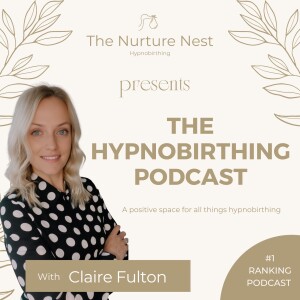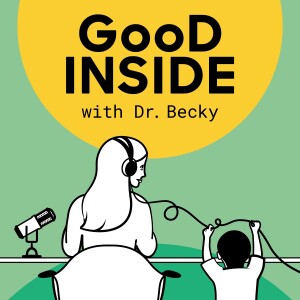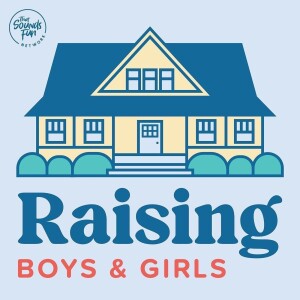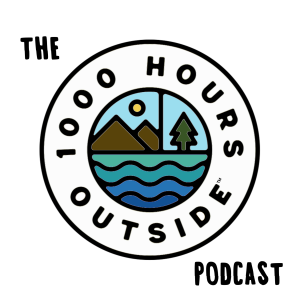

Episode 11: ”Rewiring the Teen Brain-Understanding the Science: Breaking Free from Pornography Addiction”
In this compelling episode of Parent Guide: Helping Your Teen Overcome Pornography Addiction, psychotherapist Matt Bulkley, with over 25 years of experience, dives into the science behind pornography addiction and its profound impact on the teen brain. Learn how pornography hijacks reward pathways, impairs impulse control, and alters brain chemistry through dopamine, oxytocin, serotonin, and norepinephrine. Matt breaks down why teens are uniquely vulnerable due to their developing brains and offers hope through neuroplasticity, showing how recovery is not only possible but achievable. Packed with real-life stories, actionable steps for parents, and expert insights, this episode equips you to guide your teen toward healing without shame or blame. Discover practical strategies to replace harmful habits with healthy alternatives and empower your teen with knowledge to rewire their brain for a brighter future. Subscribe, share, and visit therapyassociates.net or starguides.net for more resources
Takeaways
Pornography alters the reward pathways of the brain.
Teen brains are still developing, making them vulnerable.
Knowledge about brain function can empower recovery.
Dopamine surges from porn can mimic drug addiction.
Teens often use porn to cope with stress and anxiety.
Heavy porn use can lead to desensitization to pleasure.
Oxytocin release from porn can stunt real intimacy.
Teens may develop unrealistic sexual expectations from early exposure.
Recovery is possible through understanding and support.
Encouraging healthy activities can help rewire the brain.
Pornography addiction
Teen brain
Neuroplasticity
Brain chemistry
Dopamine addiction
Teen mental health
Parenting strategies
Emotional health
Recovery resources
Impulse control
More Episodes
All Episodes>>You may also like
Create Your Podcast In Minutes
- Full-featured podcast site
- Unlimited storage and bandwidth
- Comprehensive podcast stats
- Distribute to Apple Podcasts, Spotify, and more
- Make money with your podcast












